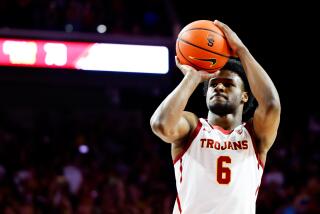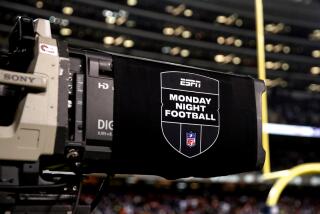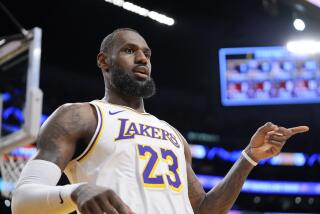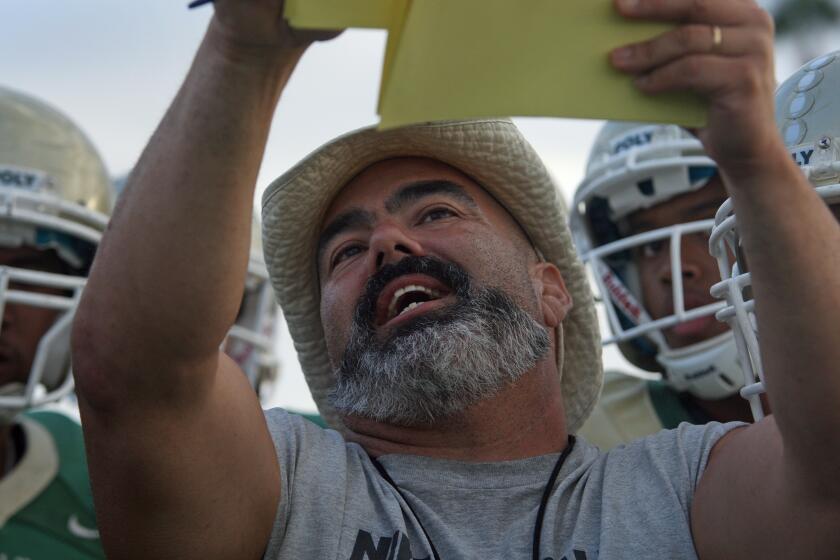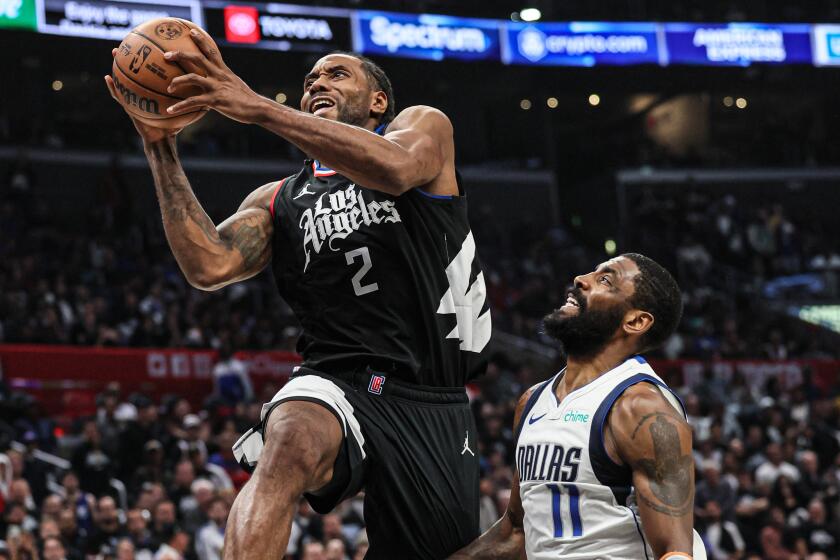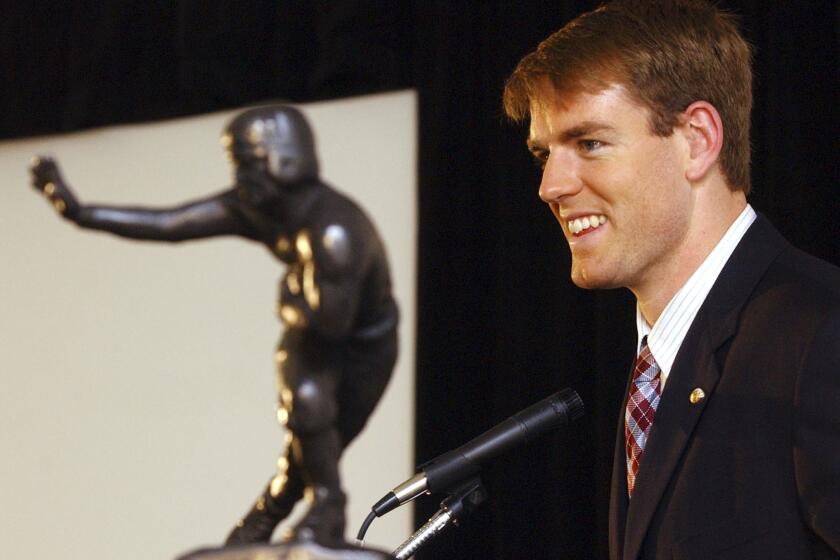NBA’s new television deal could have far-reaching implications
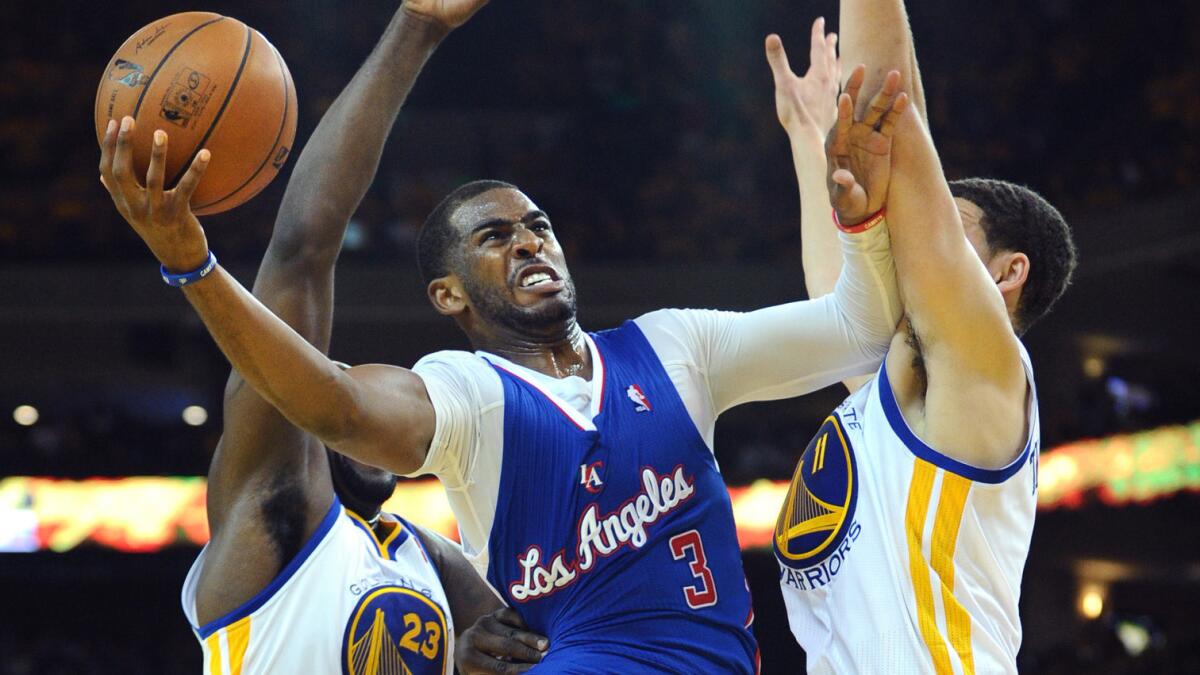
The NBA’s new nine-year, $24-billion television rights contract could lead players to opt out of the current collective bargaining agreement in 2017 and begin a fractious round of negotiations with owners over increased salaries.
But first things first: Some celebrating was in order.
“Amazing news,” said Clippers point guard Chris Paul, who is also president of the players’ union. “It really shows that our game is a global game and it’s great for us players, it’s great for the fans, it’s great for the entire NBA.”
The new TV deal that will go into effect after the 2015-16 season is expected to have a dramatic effect on player salaries and team salary caps. The question is whether the NBA will lessen the leap in salary caps by instituting larger than normal increases in the next two summers.
The rise in player salaries was believed to be one reason LeBron James signed only a two-year deal -- with an opt-out clause after the first year -- to rejoin the Cleveland Cavaliers; he stands to make much more money by signing a maximum contract either in the summer of 2015 or 2016.
James told reporters in Cleveland that he was not in favor of eliminating maximum player salaries but intimated that players would be seeking a larger share of revenues the next time they and owners renegotiate the collective bargaining agreement; either side can opt out as soon as 2017.
“We gave a lot,” James said, alluding to the 2011 lockout that resulted in a reduced share of basketball income going to players. “The whole thing that went on with the last negotiation process was the owners are losing money. There’s no way they can sit in front of us and tell us that right now.
“As we continue to see teams selling for billions of dollars, being purchased for $200 million, selling for $550 million, $750 million, and now $2 billion ... so that will not fly with us this time.”
Clippers Coach Doc Rivers would not venture a guess as to how the dramatic rise in player salaries would influence roster construction -- one assumption would be that it would make it hard to build superstar-laden teams -- but hailed the increase in revenue as a victory for everyone associated with the league.
“It tells you the popularity of the league right now, it tells you that the business of basketball is going very well, people are excited about our league and obviously TV is excited about our league, so there’s not a negative thing you can take out of that,” said Rivers, who also is closely involved with player personnel decisions as the Clippers’ president of basketball operations.
More to Read
Get our high school sports newsletter
Prep Rally is devoted to the SoCal high school sports experience, bringing you scores, stories and a behind-the-scenes look at what makes prep sports so popular.
You may occasionally receive promotional content from the Los Angeles Times.

